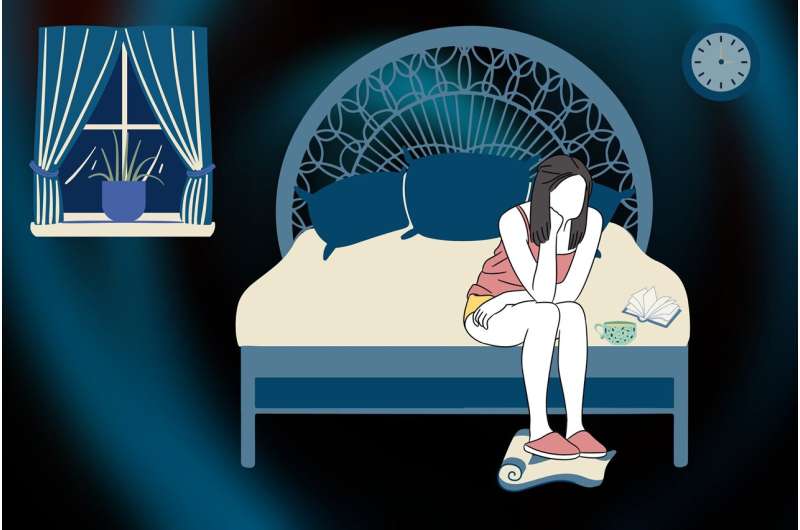Enhanced Interventions Needed to Support Doctors’ Mental Health, New Study Finds

A recent review highlights effective strategies and urgent research gaps in improving physicians' mental health, emphasizing skills-based programs and organizational reforms to reduce psychological distress and suicide risk.
Doctors experience significantly higher rates of depression, anxiety, and suicidal thoughts compared to many other professions. A comprehensive global review conducted by researchers at UNSW Sydney and the Black Dog Institute highlights effective intervention strategies and underscores critical gaps in current research. The study analyzed 24 international studies involving 2,336 practicing physicians and identified promising approaches, such as skills-based programs like mindfulness, meditation, cognitive behavioral therapy (CBT), stress management, and peer support, which demonstrated moderate to strong positive effects on mental health outcomes. Face-to-face interventions and those aimed at building practical skills were notably effective, whereas mere educational programs that did not impart actionable skills showed limited benefits.
Despite these advances, the review reveals a troubling lack of high-quality research on organizational-level interventions. Evidence indicates that poor work environments significantly contribute to psychological distress among physicians, yet no controlled studies have explored modifications to work schedules or workplace policies as interventions. Experts emphasize the importance of multi-layered approaches, integrating organizational changes with individual-focused programs.
An urgent concern is the limited focus on suicide prevention, with only two studies addressing interventions aimed at reducing suicidal ideation amid elevated risks among physicians. Experts stress that addressing workplace stressors and hazards is crucial, as skills-based programs alone are unlikely to produce lasting change if organizational factors remain unaltered.
The review calls for more rigorous research to identify effective delivery methods and implement cost-efficient, scalable programs. It advocates for prioritizing organizational reforms and suicide prevention efforts to truly support physicians' mental health and well-being.
This study underscores the need for comprehensive, multi-level strategies to combat the mental health crisis among doctors and improve healthcare systems worldwide.
Stay Updated with Mia's Feed
Get the latest health & wellness insights delivered straight to your inbox.
Related Articles
Exploring the Interconnection Between Sleep Patterns and Mental Health
Discover how sleep and mental health influence each other, and explore effective strategies to improve sleep hygiene for better emotional well-being.
Can AI Act as Your Therapist? Current Limitations Highlighted by Recent Study
A USC study highlights that while AI models like ChatGPT show promise in mental health support, they currently lack the nuanced human connection essential for effective therapy. AI should serve as a supportive tool, not a replacement, in mental health care.
Research Shows Older Adults Are More Resilient to Cyberbullying's Psychological Impact
A groundbreaking study shows that older adults are more resistant to the psychological effects of negative social media comments, highlighting age-related differences in emotional resilience to cyberbullying.
Talking Therapy Shows Promise in Enhancing Recovery for Stroke Survivors
New research demonstrates that talking therapies significantly improve mental health recovery in stroke survivors, emphasizing early intervention and tailored approaches to maximize benefits.



